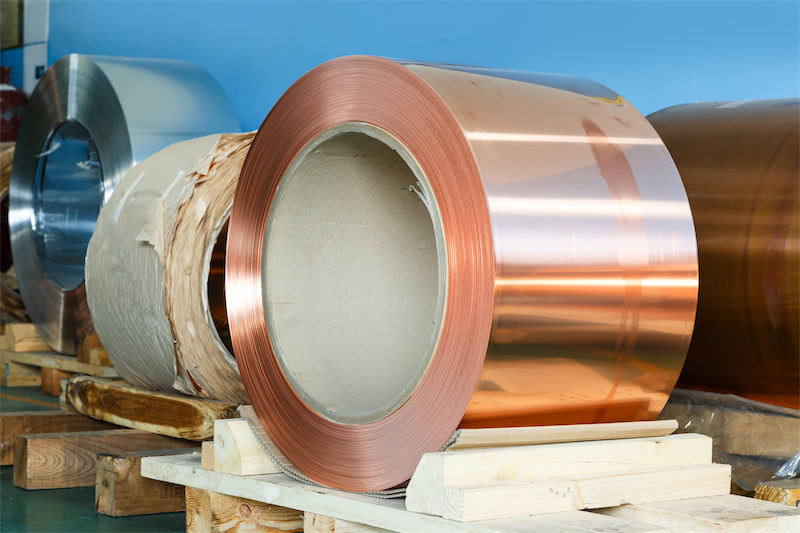On Friday, local time, the International Monetary Fund (IMF) released a report on the European economic situation that Russia proved to be better than expected in dealing with external sanctions. At the same time, many European countries are facing the arduous task of economic recession, curbing inflation and maintaining financial stability.
The IMF believes that after traditional Western buyers shunned energy trade with Russia, Russia successfully diverted energy exports to Asian markets, weakening the effect of Western sanctions.
Data show that in February this year, India imported 6.3 million mt of crude oil from Russia, or nearly 1.55 million barrels per day, reaching a record level.
Russia's oil and gas revenues hit record highs last year, driven by soaring energy prices. It also helped the Russian economy rebound strongly in the third and fourth quarters of 2022, limiting the decline in overall output to 2.1%. The growth momentum in the second half of last year will continue into 2023, and the IMF expects Russia's GDP to grow by 0.7% in 2023.
Natural gas and crude oil prices hit record highs in global markets last summer as major energy exporter Russia faced sanctions-related supply constraints. However, this year oil prices have fallen back to levels seen before February 2022.
Meanwhile, the IMF said it was too early to assess the full impact of the sanctions, but so far the cap on crude prices had failed to lead to a decline in Russian oil production. But Russian tax revenues will fall sharply in 2023 due to lower oil and gas prices.
Russian Presidential Assistant Maxim Oreshkin said that Russia's GDP growth rate this year will be between 1% and 2%.
Russia's central bank said on Friday that economic activity was growing faster than the central bank forecast in February, with the Russian economy set to expand by 2% this year, supported by growing domestic demand and adaptation to sanctions.
Russian President Vladimir Putin also said on the same day that in the case of sanctions, actions must be taken clearly and quickly. The task is not to adapt, but to lay the foundation for the country's successful development. Russia will not isolate itself, but will continue to build relationships with countries that cherish its reputation and want to cooperate.
In Europe, the IMF predicts that inflation in European countries may remain high for a longer period of time, and energy prices may soar again. The damage to European production capacity from the coronavirus, the energy crisis and the Russia-Ukraine conflict could be more severe than expected. In addition, financial stability risks, if not effectively contained, could lead to crises and weigh on economic growth.
But in the face of many uncertainties, the ECB needs to continue to maintain a tight monetary policy, which may require a sharp recession to bring inflation back to the 2% target level.
According to the forecast released by the IMF, the economic growth rate of developed European economies will drop from 3.6% in 2022 to 0.7% this year and 1.4% next year. Germany's economy is expected to shrink by 0.1% in 2023, and the UK's by 0.3%.
More popular news
Chinese Lithium Giant Denies Rumours, More Players Extend Industry Chain to Downstream Automakers
IMF: Asia-Pacific To Contribute More Than 70% To Global Economic Growth, With China Being Key Engine
Dollar, Oil, Gold, Base Metals, Ferrous Metals All Go Down, EIA Cuts Oil Price Forecast
IMF: Western Sanctions against Russia Are Ineffective, European Economy Faces Multiple Challenges
Goldman Sachs, Barclays warn: Fed will not cut interest rates this year
Balance of M2, M1 and M0 All Rise at the End of April, China’s Central Bank Says
India to become Europe’s top supplier of refined oil products after massive purchases of Russian oil
Morgan Stanley, Goldman Sachs and BoA Are Pessimistic, Here Is Why
Global Chip Market Will Decline 20% This Year
Domestic Steel Scrap Prices Plummeted In April
Chile’s Latest Move Marks One Step Closer to the Establishment of Lithium Version of OPEC
Sunwoda's "Flash Charge Battery" Can Power Electric Cars 1,000 Kilometres on A Single Charge
Massive Aluminium Capacity In China To Be Resumed Or Put Into Operation In H2 2023

![Supply-demand Rebalancing Continues to Advance SHFE Copper Spot Discounts Gradually Stabilize [SMM Shanghai Spot Copper]](https://imgqn.smm.cn/usercenter/CaDcj20251217171711.jpg)
![SHFE/LME price ratio recovers but market demand is limited premiums remain flat with yesterday [SMM Yangshan spot copper]](https://imgqn.smm.cn/usercenter/xKfXl20251217171711.jpg)
